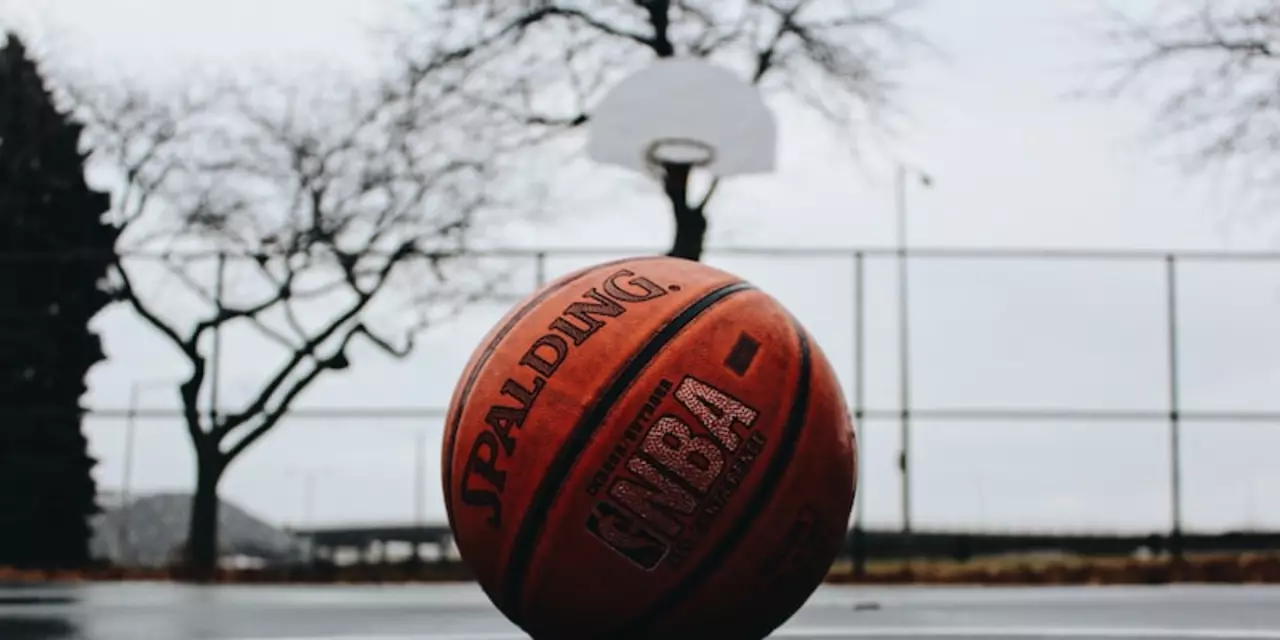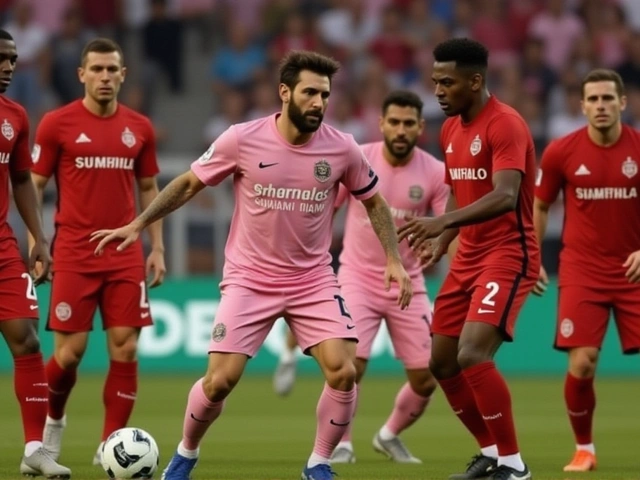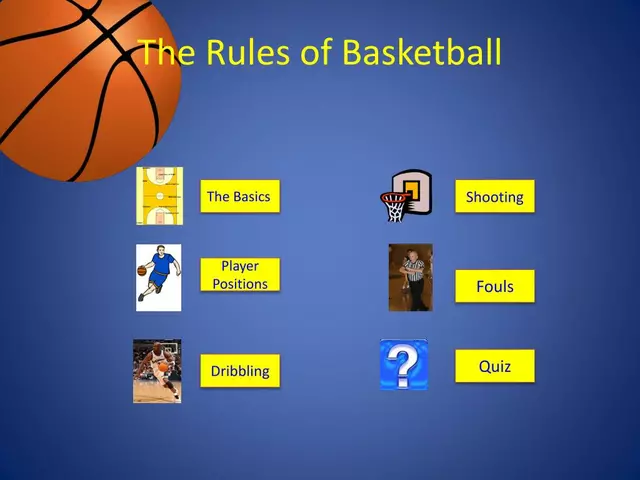Age Limit in Basketball – Quick Guide for Players and Parents
Wondering if you or your kid are old enough (or maybe too young) for a certain basketball level? Age limits can feel confusing, but they’re really just rules that keep competition fair and safe. Below we break down the main limits you’ll meet, from local youth clubs to high‑school teams and even the NBA draft.
Youth Leagues and Junior Teams
Most community clubs, like Shenley Basketball Club, set clear age brackets. U‑12, U‑14, U‑16, and U‑18 are the most common. If you’re 13, you’ll fit into the U‑14 group, meaning you can play with kids up to 14 years old but not with older teens. Clubs use these limits to match skill levels and protect younger kids from getting bruised by much bigger players.
Trying out for a freshman or junior varsity (JV) high‑school team follows a similar idea. Freshmen are usually 14‑15 years old, while JV squads often accept 15‑16‑year‑olds who haven’t made the varsity list yet. Coaches look for basic skills, fitness, and a team‑first attitude. If you’re on the edge of the age range, ask the coach if a “grade‑run” rule applies – some schools only allow players in their actual grade.
High School Game Length and Age Rules
A typical high‑school basketball game lasts about 1.5 hours: four 8‑minute quarters, halftime, and a few time‑outs. The game clock doesn’t change because of age, but the eligibility does. Most state associations require players to be enrolled in school and to be under 19 years old at the start of the school year. If you turn 19 mid‑season, you can usually finish the year, but you can’t start a new season.
Some schools also have a “four‑year rule.” That means you can only play for four seasons, no matter how old you are. This rule prevents a student from staying on the team for five years by repeating a grade.
College and Pro Levels – When Age Really Matters
College basketball follows NCAA eligibility rules. You must be a full‑time student and usually have five years to play four seasons, starting from the moment you enroll. There’s no strict age cap, but most players are 18‑22 when they start.
The NBA has the most talked‑about age limit: a player must be at least 19 years old and one year removed from high school. That’s why you hear about “one‑and‑done” college stars. If you’re still in high school and want to go pro, the only legal path is to play overseas or join the G‑League, where the same age rule applies.
LeBron James is often cited in age debates. He entered the NBA at 18 because the rule was different back then. Today, a 18‑year‑old can’t sign a standard NBA contract, which is why his story feels special.
Practical Tips for Meeting Age Requirements
1. **Check the club’s handbook** – Most clubs publish age brackets on their website. If you’re unsure, call the admin office.
2. **Ask your school’s athletic director** – They can confirm varsity, JV, and freshman eligibility.
3. **Keep track of your birthdate** – Some leagues use the cut‑off date of July 1, others use September 1. Knowing the exact date prevents surprise rejections.
4. **Stay fit and skill‑ready** – Even if you meet the age, coaches look for fitness, ball handling, and teamwork. Regular practice makes the age rule the only hurdle.
5. **Plan ahead for the NBA** – If pro basketball is the goal, target the 19‑year‑old milestone and consider a college year, overseas league, or G‑League route.
Age limits might feel restrictive, but they exist to keep the game safe, competitive, and enjoyable for everyone. Knowing the rules lets you focus on improving your game instead of worrying about eligibility. Ready to check your age bracket? Grab your birth certificate and see where you fit in the next season’s roster.

The article discusses the NCAA eligibility rules for Division One college basketball players. It explains that players must be at least 19 years old during the calendar year of the season, and must have completed one year of college or university enrollment prior to the start of the season. The article also explores the exceptions to the rule and the implications of the NCAA's decision to enforce the age limit on college basketball players. In summary, the NCAA has an age limit for Division One college basketball players, which states that players must be at least 19 years old and must have completed one year of college enrollment. Exceptions to the rule exist, but the NCAA has made it clear that it will enforce the age limit.





